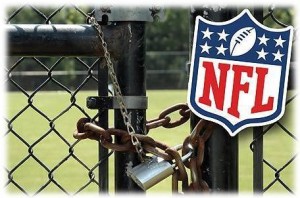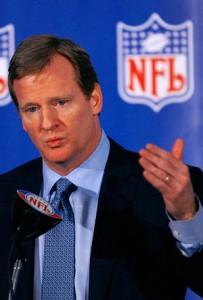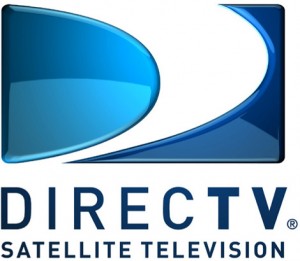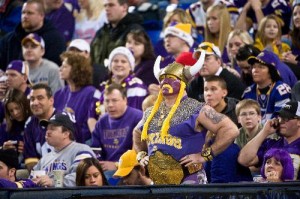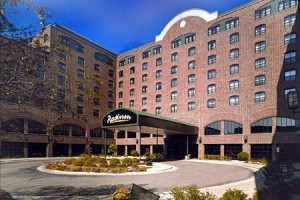It’s now been a week since the Green Bay Packers won Super Bowl XLV and as soon as I emerged from my cholesterol slumber that was my Super Bowl party my attention immediately turned to two questions: Where are my pants? and outside the obvious, who else will be impacted by an NFL lockout?
On our first Sunday without football, we have to prepare for the possibility of many more football-less Sundays than usual.
By Peter Christian
The labor agreement that hasn’t been reached between the NFL’s 32 owners and the players’ association has been discussed ad nauseum since and prior to the Super Bowl. And the impact of a lockout on the owners and players has been included in those talks and writings. However, the NFL is far from a league that involves only 32 owners and approximately 2000 players. Beyond those two parties are plenty of other organizations and people that will have their lives and livelihoods impacted by an NFL lockout.
Here’s a look at the top 5:
DirecTV
The sole provider of the “Sunday Ticket” package which allows fans to watch all the games played outside their region. They currently charge about $300 to those who subscribers. According to numbers from last August, about 2 million customers pay for the Sunday Ticket. A fifth grader could tell you that is a loss of $600 million in subscription fees and for any company, that’s a substantial hit to take.
Bars, Pubs and Watering Holes
I know the lack of the NFL will not cause people to stop drinking or even from going to bars. However, a staple for many such establishments across the nation are the specials they offer during NFL games to bring in customers and the profits that follow. For the bars, pubs and restaurants that do rely on those promotions, an NFL lockout would hurt their bottom line.
Season Ticket Holders
Of course the fans filling the stands are going to have a very different fall/winter experience without any NFL games to attend but that doesn’t mean they are going to have their pockets and bank accounts filled with more money. Sure, the NFL announced they will offer full refunds for any pre-season or regular season game not played, but those season ticket holders will still be asked to shell out the money for their tickets in advance despite the status of the labor agreement.
Approximately 1.3 million fans will be asked to open up their check books even if the league is in the middle of a lockout in order to maintain their status as a season ticket holder. The league/team will refund those ticket prices, but only once the games have been officially canceled, which as always will be held off as long as possible. If a fan decides to pass on sending their check in, their seats will be sold to someone else (even if the games are canceled) and trying to get season tickets after the lockout ends will result in being at the bottom of the priority list.
Hotels and Restaurants
When a city hosts an NFL game, it isn’t just the team and stadium officials who need to prepare. The surrounding area is relied on to host the opposing team’s players and staff and any fans who are traveling to the event from out of town. The NFL has stated the money they will still get from their television contract even if the games are canceled will be used to pay for stadium maintenance and the teams’ day to day operations, but the local hotels and businesses that have their budgets implemented by income from NFL teams and NFL fans are not going to be made whole and instead will be stuck between booking sure things or holding out that the lockout can get resolved.
Local TV Affiliates
The NFL has already been told it will get its TV contract money without the games being played. The networks are going to struggle to pay out that money without getting the ad money that goes with airing an NFL game or two. Additionally, the local affiliates are going to struggle even more than their big brothers. The affiliates don’t have the deep pockets that the networks do and won’t be in a position to withstand any extended fees from the networks.
Also, it would likely be put on the affiliate to fill the time slots left empty by the lack of football games (and pre/post game coverage) on Sunday afternoons.
Any layman with a basic knowledge in TV ratings, market shares and the correlation to advertising revenue knows the drop off from an NFL football game on Sunday at noon versus a movie of the week, a syndicated television show or even (gasp!) an hour of paid programming (the fancy way of saying infomercial) is more dramatic than the difference in comparing John Lennon to Justin Beiber in terms of musical talent.
